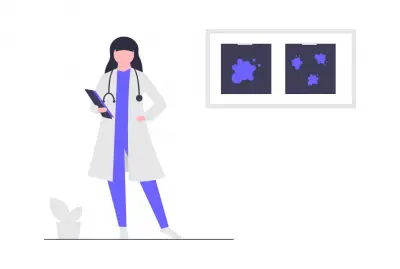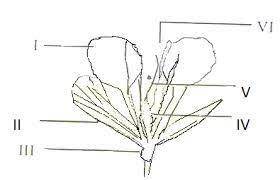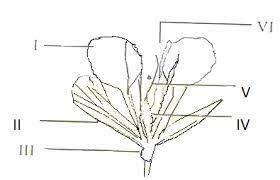
Biology Questions and Answers
How well do you understand living things and their vital processes? Whether you are preparing for JAMB, WAEC, NECO and Post-UTME, these Biology past questions and answers cover such subjects as the chemistry of life, botany, evolution, genetics, ecology etc to help you know what to expect, improve your speed and confidence and be really prepared for the actual aptitude test.

